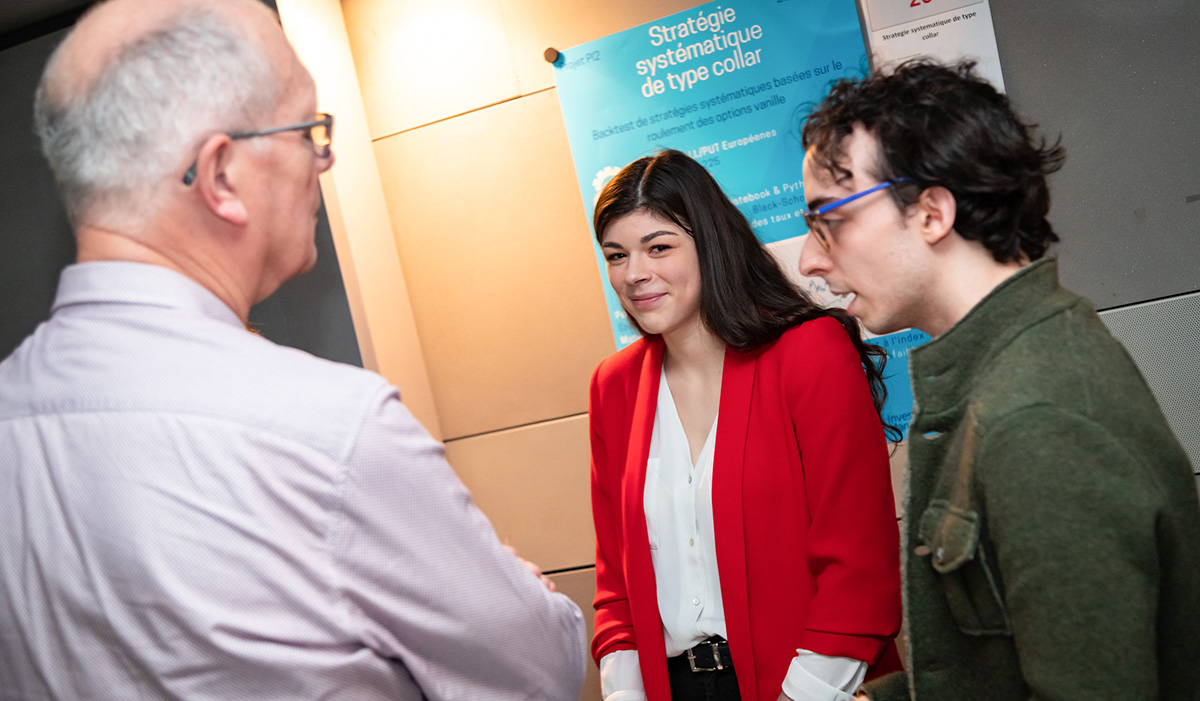Actuaries are the unknown superheroes of the financial engineering world. While they possess a remarkable technical skillset involving a lot of statistics, finance, and maths, it is actually the real business problem-solving competencies that go beyond numbers that make their superpowers noticeable. Number nerds? We don’t think so. There’s more to them than meets the eye.
Here are a few common misconceptions you might be familiar with; others, not so much.
Actuaries Only Work in Insurance Companies
But what about risk management, equity analysis, and data science? Even consulting, academia, banking, investment, and even artificial intelligence! The list can go on and on! The skills acquired in this major are not only limited to insurance. The traditional roles that used to fall solely within the insurance industry lead to this misconception; however, these professionals and in recent years, have become in strong demand in other fields like business planning and even strategy.
You Have to be a Genius in Mathematics…
Statistics along with other mathematical extensions are at the base of the actuarial principles, so it’s understandable to assume that every actuary is only good in maths, because they’re at the foundation of their profession. But we mustn’t forget other core knowledge that equates to and even surpass mathematics, such as economic principles, modeling, communication, and data analysis that are far more complex because they require great attention to details and analysis, especially when reporting, validating data and developing case studies that make their jobs far more interesting.
In fact, the beauty of actuarial science is that it focuses on the practical part of maths, not the theoretical. How? We’re glad you asked. The use of practical maths is all about applying the knowledge and concepts to solve problems by managing risks. We’re talking about actual, real-life, serious problems that could affect a business decision, a country’s economy, even the infrastructure, and the environment as a whole.
“Engineers specialising in Actuarial Science should be able to explain and convince various publics on what they’re doing and why they’re doing it… The motivation behind it.”
Boring, Boring, BORING…
It’s actually the challenging nature of the job that makes actuaries shine under pressure. Whether it’s the simplest task of working on an Excel sheet or analyzing data that helps them identify a problem within a department, the sector keeps will keep them, and hopefully you one day, intellectually stimulated.
Monotonous and redundant, these two words are commonly associated with actuarial science, but this couldn’t be further from the truth. Because actuaries tend to work for other people, their job requires finding different solutions to problems they might have never seen before, and that’s exciting. The “fresh” element will always encourage them to research, communicate, ask, and find out the root of the issue and develop solutions models to solve them.
It’s interactive and never the same, and that is why the skills of a modern world actuary have become more in demand in non-traditional industries.
So what’s the first step into a “not-so-boring” career? That would be to actually learn and grow.
Master in Engineering at EMLV with a specialisation in Actuarial Science
ESILV offers a two-year Master in Engineering, with a choice of 10 majors: Financial Engineering & Quantitative Finance, Fintech, IoT and Security, Data and Artificial Intelligence, Modeling and Computational Mechanics, Industry 4.0, Energy and Sustainable Cities, Health Engineering and Biotechnology, Creative Technology and of course Actuarial Science which is at the heart of the future challenges of the financial engineer of tomorrow.
The programme prepares actuaries for the real world by training them to identify solutions to financial problems and beyond as they learn to manage assets and liabilities by analyzing past events, assessing the present risk involved, and modeling what could happen in the future.
Are you a critical thinker and an intellectual with the right motivation and perseverance to face any challenge? Then you are destined to become an actuary.






